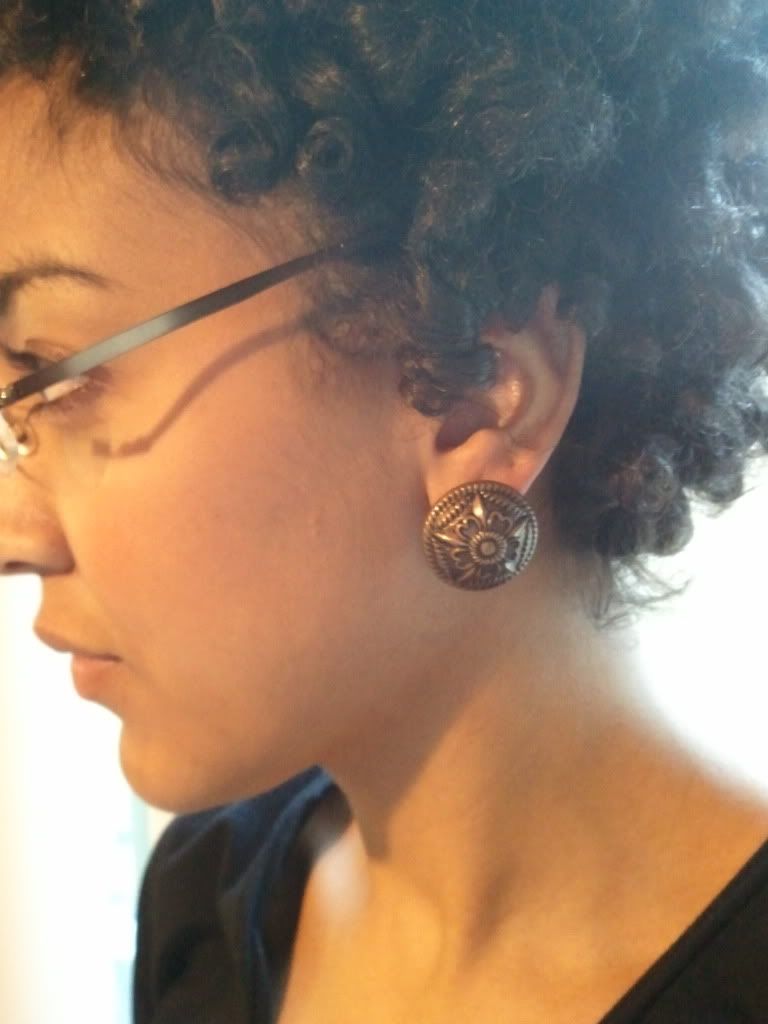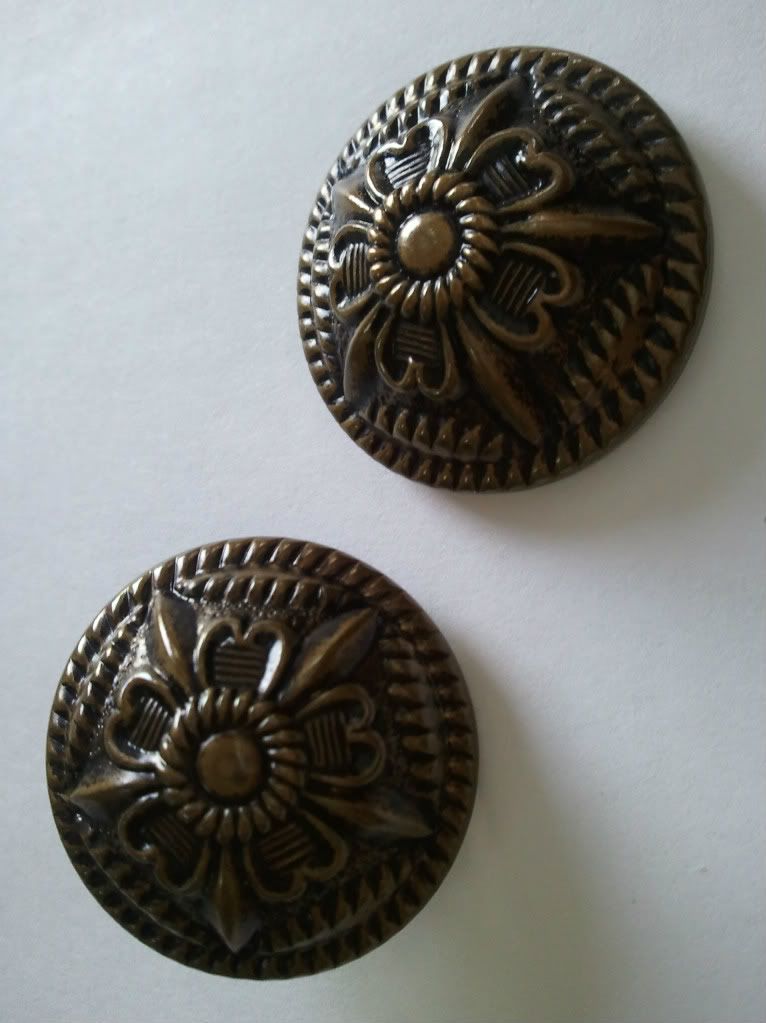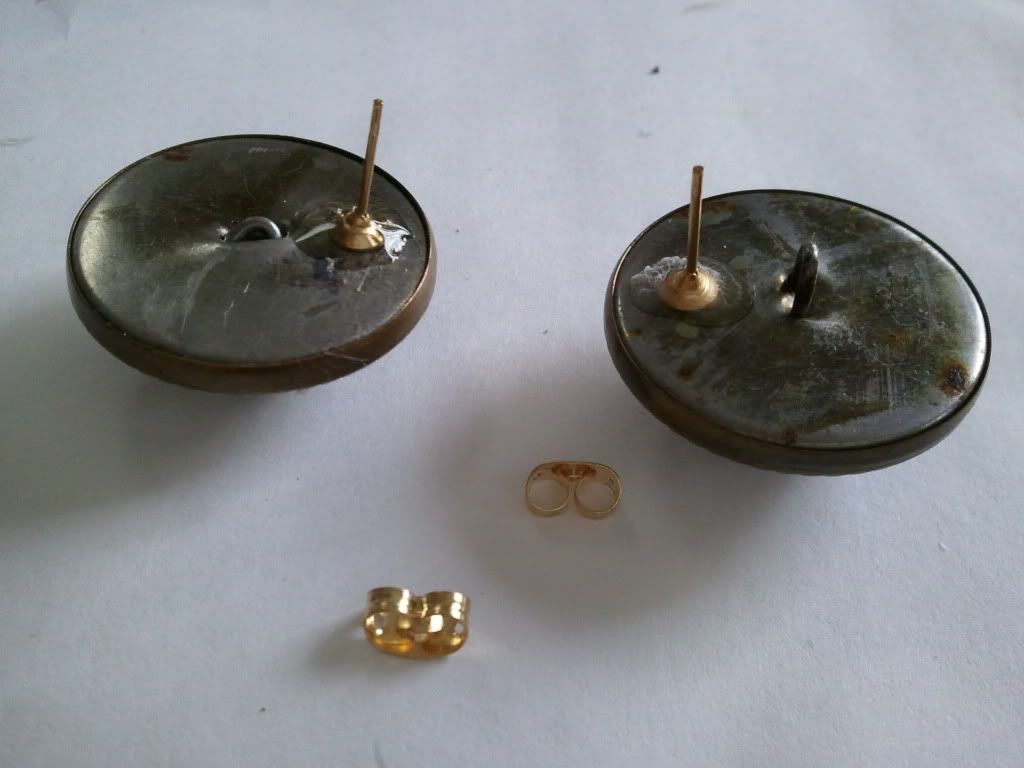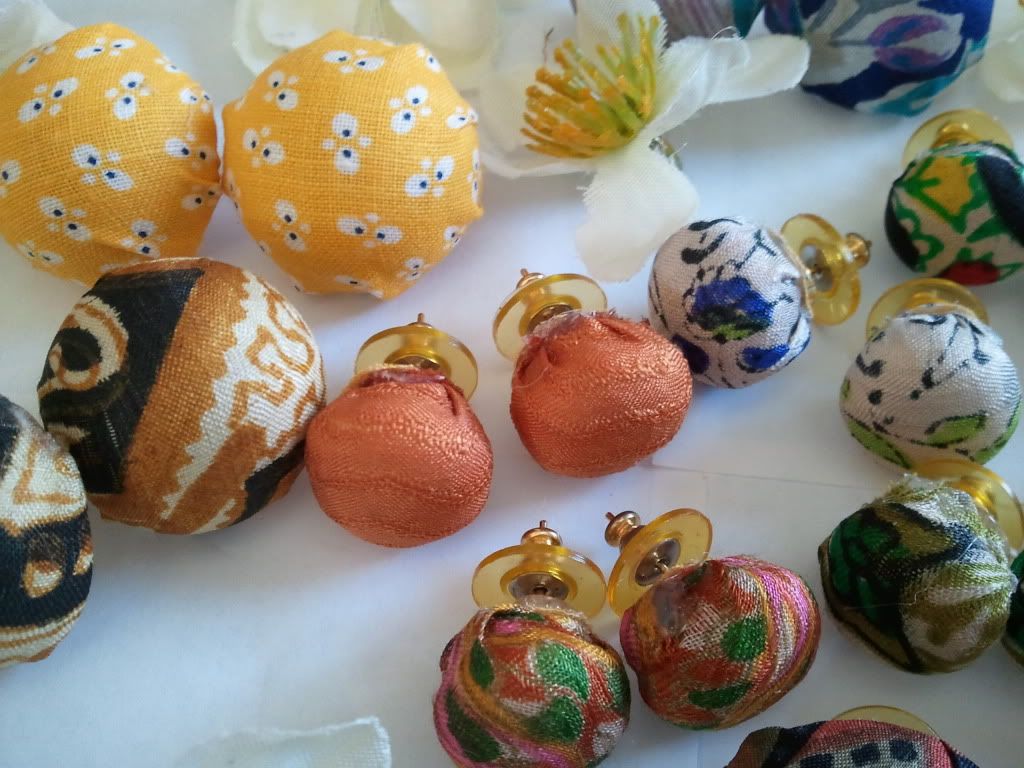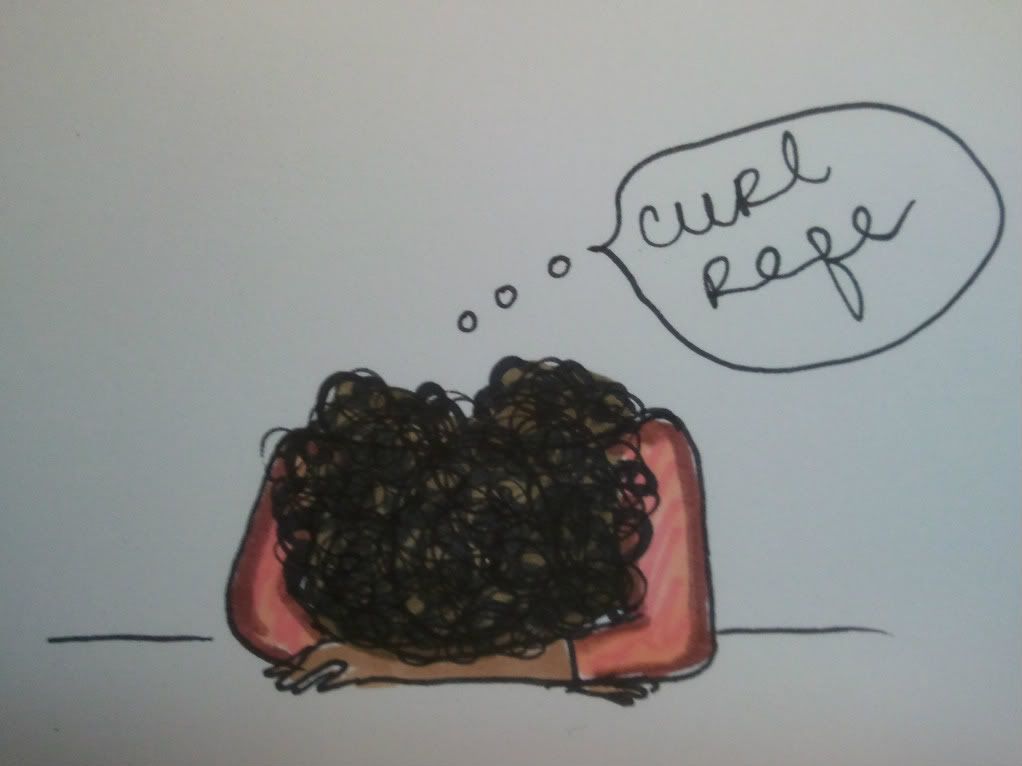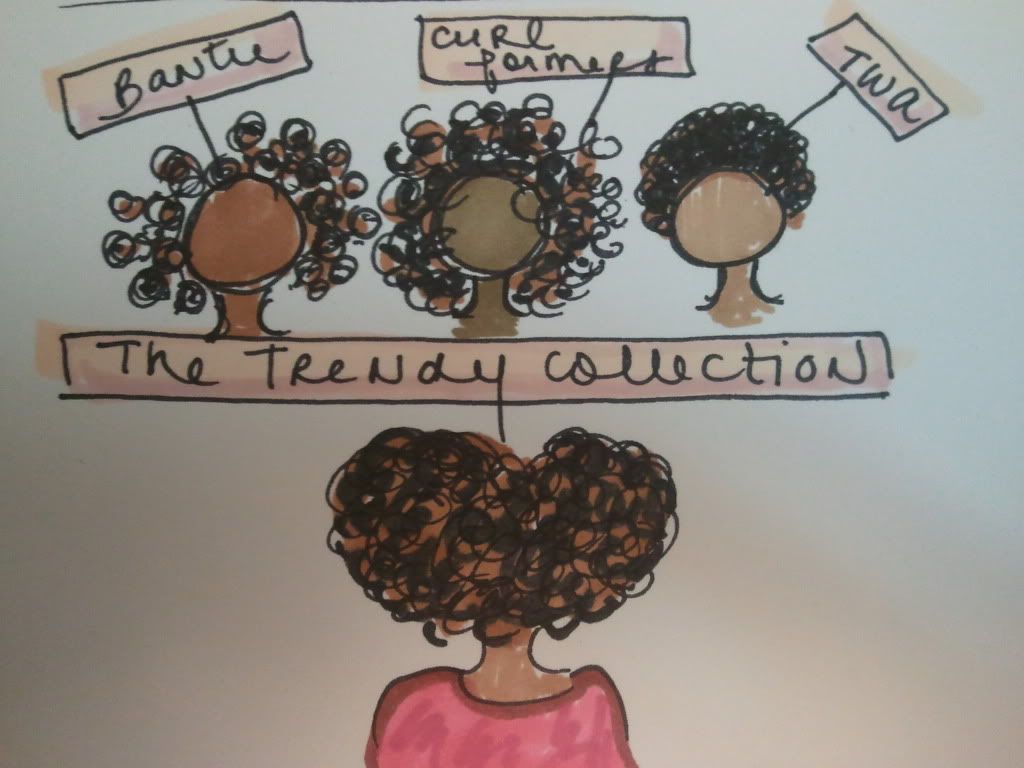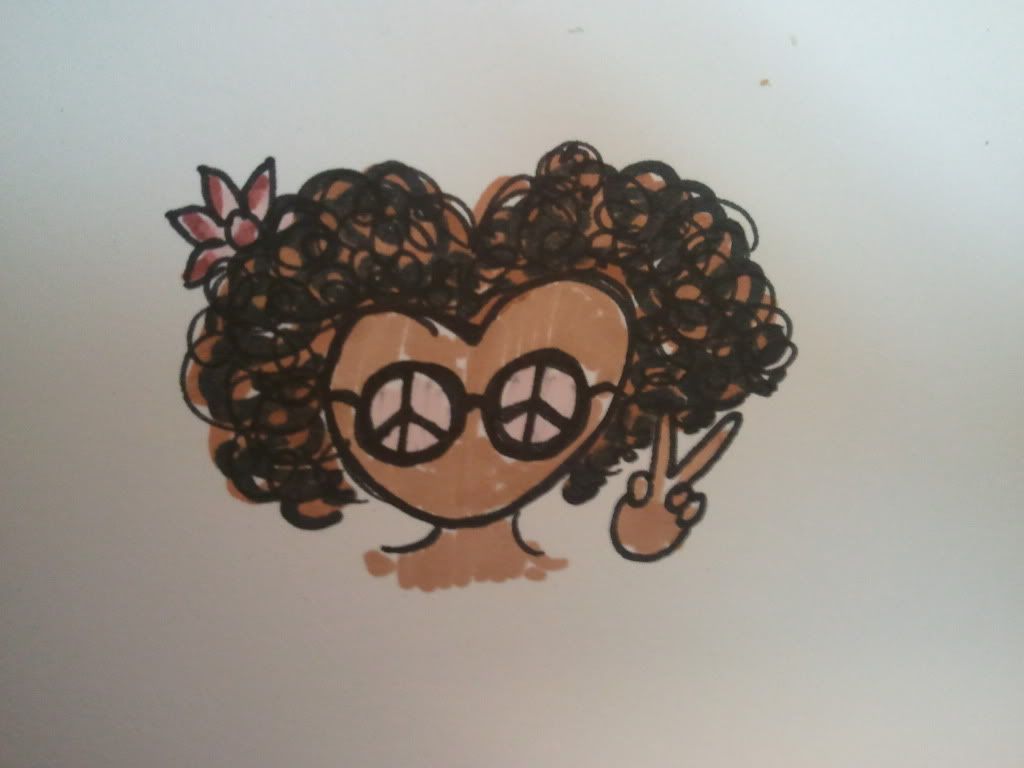Some talk about the goodness (and possibly the not-so-goodness) of raw foods.
The other day at work (okay, unpaid internship), a fellow starving intern invited me to go out to lunch with her to try out a restaurant she found on google called the Red Pepper Deli. I was already familiar with the hype surrounding vegetarian and vegan dining, but I had never heard much about raw cuisine. The whole menu at Red Pepper Deli offered an assortment of raw, vegetarian and vegan friendly meals. You might think the options of uncooked food arrangements would be somewhat limited, but they actually had a number interesting and plentiful choices.
Here are some of the dishes they had to offer:
Spinach and Lentil Salad
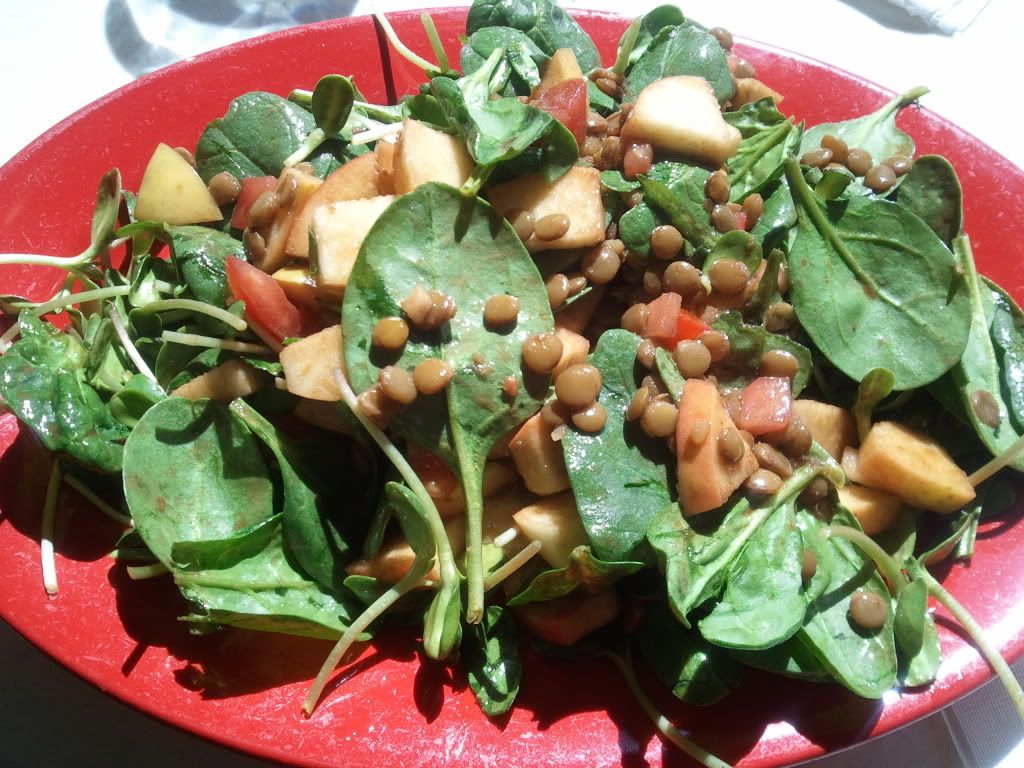 |
| SPINACH, LENTILS, TOMATO, PINK LADY APPLE, SUNFLOWER SPROUT, BALSAMIC GLAZE $10 |
Redwich Sandwich
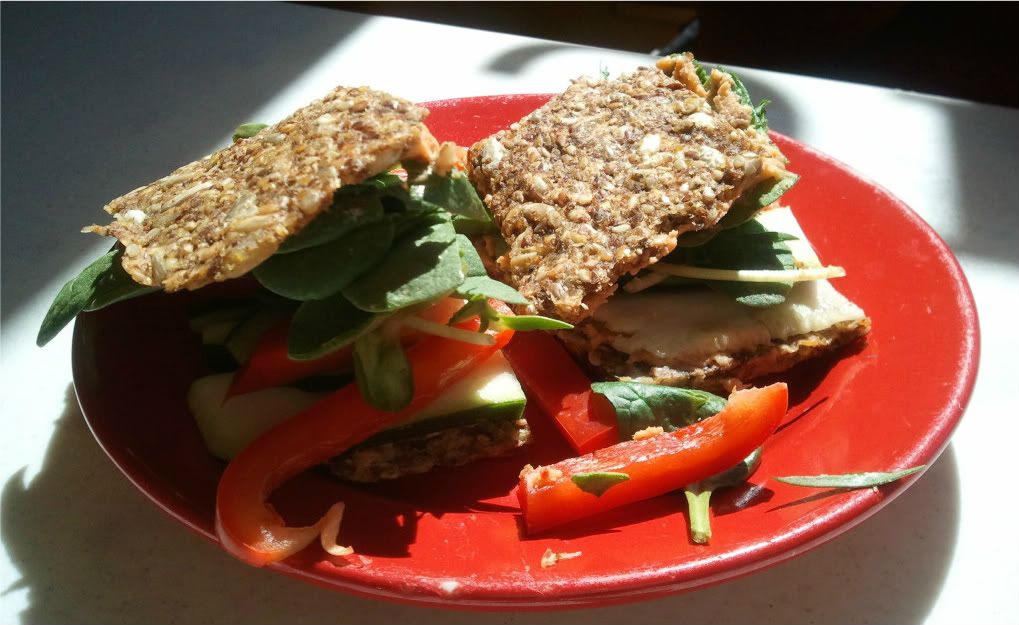 |
| CASHEW CHEESE, MIXED GREENS, ZUCCHINI, RED PEPPER AND SPROUTS $8 Raw Tacos |
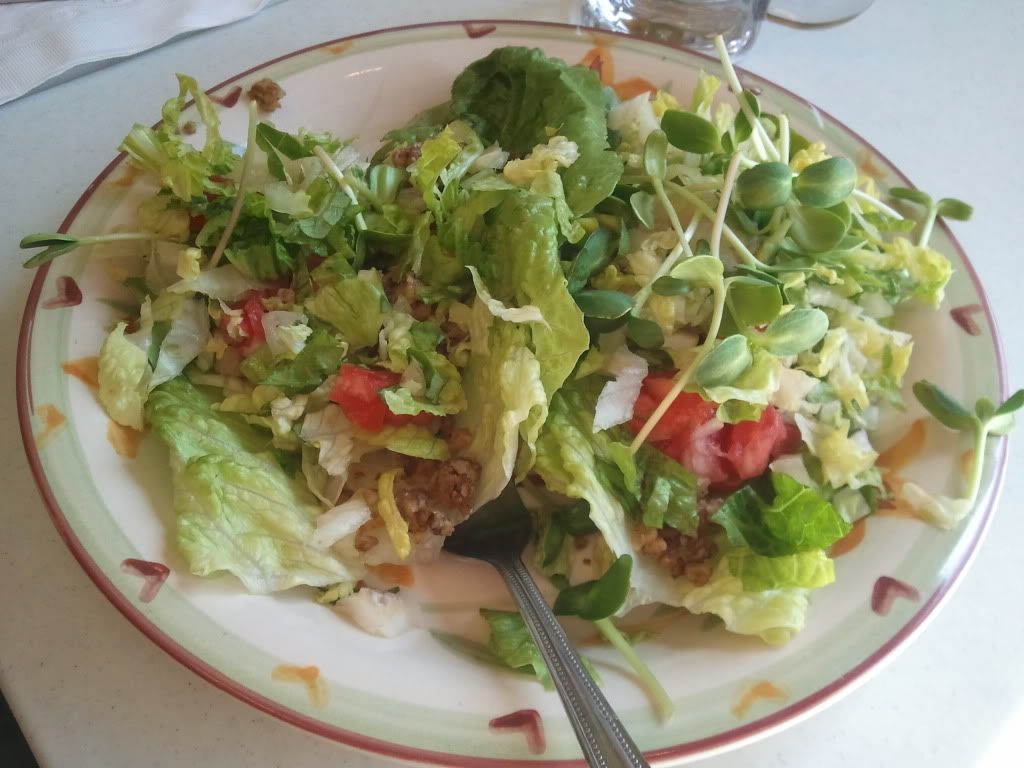 |
| WALNUT MEAT, FRESH TOMATO SALSA, ROMAINE AND SUNFLOWER SPROUTS $10 |
I have never tasted walnut meat or raw bread. This was a first. But the tacos were surprisingly taco-y and the bread surprisingly bread-y, kind of like a soft cracker. Besides, at least with walnut meat, you know your not eating PINK SLIME. I left the Red Pepper Deli with a handful of questions and curiosities about raw cooking. Some of the claims about raw foods I've been hearing lately seemed contradictory to my understanding of food and food digestion -- especially with my tiny (ok, obese) obsession with primatology (the study of primates/apes) and the evolution of our diet as humans. We, as humans, were not the first species to cook our foods as we didn't actually discover fire. Our earlier ancestors did, more specifically known as Homo Erectus, who preexisted both neanderthals (aka cavemen/women) and people (the nerdy anthropologist side of me speaking here).
For a species that has been eating cooked foods for as long as we've walked the planet, what might raw food consumption really mean for our health in the long term? I figured I would look more into the issue and consider the possible health benefits and health risks of a raw food diet. Here is MY general understanding of answers to my questions based off of what I've read from online sources and from my biological anthropology courses.
| From Left: HOMO ERECTUS (middle child), AUSTRALOPITHECUS (oldest), HOMO SAPIEN/US (youngsters) Photo credit: myspace.com/hominidae |
What are raw foods?
This seems like an obvious answer but there are actually technicalities around what is and what isn't considered raw. The general consensus seems to be that raw foods are unprocessed foods that have been left unheated or heated to a degree below 104-118 degrees Fahrenheit. By default, then, foods that are off limits to raw food dieters are anything processed or cooked above 118 degrees F for 3 or more minutes.
To get a better sense of exactly how hot raw cooking heat is, consider bathwater, which on average falls between 95 to 105 degrees F. Water boils at 212 degrees F. The average stove top can heat up to 500 degrees F on a high setting and heats up to around 200 degrees on low. So I guess, if you are thinking about going raw, only place your food in heat conditions that you could bear yourself (like giving your food a hot bubble bath or taking it on a trip to Ethiopia).
Raw foods also tend to be lower in sodium (found in salts), sugar and acid. Over consumption of sodium can lead to higher blood pressure while an over consumption of sugar can raise insulin levels, negatively impacting the immune system and the release of growth hormones. Uncooked foods are generally high in vitamins, minerals, and nutrients including potassium, magnesium, folate, fiber, vitamin A, antioxidants and oxygen. The consumption of raw greens containing chlorophyll also helps oxygenate the blood. I have read, too, that raw food consumption can slow the aging process..
What are the dangers of raw consumption?
Although there are many benefits of eating raw, you should always eat raw with caution. Omitting heat from your diet completely may lead to certain vitamin and nutrient deficiencies, like the lack of omega-3 fatty acids, iron, and vitamin B12. It is also important to know which foods can and can't be eaten raw. Some foods actually have negative health effects when consumed raw, like "cruciferous" plants which can disturb hormone synthesis in the thyroid gland. The cruciferous family includes broccoli, kale, cauliflower, cabbage, mustard , and turnips. Most people occasionally eat these cruciferous plants raw, but too much of anything is never good. Other raw foods to avoid are mushrooms, peas, potatoes, taro, and cassava (among others).
People who are already dealing with health conditions, like eating disorders or diabetes, may want to reconsider a raw food diet depending on their nutritional needs. Side effects of an entirely raw-food diet may include headaches, nausea and cravings. If transitioning to a raw diet, be sure to do so gradually. Women on raw food diets are also more at risk of experiencing irregular periods or amenorrhea (when the body stops its menstruation cycle all together).
How can I incorporate more raw foods into my diet?
Juicers and blenders are both great ways to incorporate raw fruits and veggies into your everyday diet, and take very little effort. There are so many juice recipes out there and adding greens like algae or spinach to fruit drinks is a good opportunity to sneak some veggies in while still enjoying a fruity taste. Whether it be a kiwi papaya smoothie or a glass of spinach banana juice, both would be delish!
Germination is basically soaking raw beans, nuts, or seeds in water for an extended period of time. Somethings, like cashews, only need about 2 hours worth of soaking while other legumes, like certain beans, require soaking overnight. Many people find overnight soaking to be most convenient anyway, as you can literally forget about the soaking food and go about your day and night until they are done.
Dehydrators are basically machines that emulate the process of sun drying. I've spoken with a couple people who own dehydrators and they absolutely love them. You can take pretty much anything, fruit or veggie, and create your own chewy or crunchy snacks. My favorite is dehydrated bananas (think banana chips). The only downside would be that dehydration can literally take hours and hours. Dehydrators work best in low-humidity rooms and you can't use a dehydrator in a hurry. Overnight usage is probably your best bet.
Is it dangerous to eat raw meat?
There are risks involved with eating under cooked or raw meat. This seems especially true here in the States, where only 5 large agribusinesses (corporations that control the food market at every stage of production) own 85% of the American beef market and their interests lie in consumer wallets, NOT consumer health. Raw wild game that hasn't been tampered with by these agribusinesses may impose less of a health risk with notably fewer pathogens than processed meats. Although cooking meat may strip away good proteins and nutrients, it is also guaranteed to kill bad bacteria.
Other than being generally safer for health purposes, there are also benefits from manipulating raw meat in some way either through heat, pounding, drying, or curing. This altars the texture and softens the meat making it easier to chew and break down in the digestive tract. Heating meat to 140-160 degrees Fahrenheit softens tough muscle collagen into gelatin, a more easily digestible protein. It is also easiest to digest lightly cooked fished when compared to both raw fish and fully cooked fish.
What are the benefits of cooked cuisine?
It is true, that cooked food is often stripped of many good things. However, humans are not so backwards when it comes to our general preference to cook our foods. The discovery of fire was a good thing, not only for the progression of human life in general, but also for our gut! Cooking foods with heat increases the caloric intake of the foods we eat and does some of the breaking-down for us. Especially for highly fibrous plant foods, digestion is much slower. Cooking plant foods helps deteriorate the cell walls of plant cells containing mostly cellulose, which is basically a chain of sugars at a molecular level. Humans actually lack the enzymes needed to break down and digest cellulose to extract nutrients.
This is why cute little apes, like Gibbons (yes, they are apes and not monkeys) are extremely active, high energy animals -- because they eat a varied diet of greens, fruits, and occasionally meat proteins from insects, eggs, and small birds. This is also why massive gorillas are extremely low energy animals that spend the majority of their time sitting and munching on greens. While gorillas need to relax and take it easy so their bodies take the time to thoroughly digest, gibbons can frolic through the canopy ape wild and extract energy from their foods much quicker. Vegetarian animals also tend to have multi-chambered stomachs (like cows) which us humans don't have. Chambered stomachs allow for a much deeper digestion of foods, extracting maximal nutrients.
Rambling on about gibbons and gorillas may seem irrelevant, but basically cooking vegetables makes it easier for us chamberless stomached beings. Some direct benefits of cooked foods include greater accessibility to plant nutrients, easier digestion of proteins, destroying foodborne bacteria and toxins, a break down of collagen, increases in caloric/energy intake (which may be seen as negative for some), and combating anti-nutrients found in raw nuts and seeds.
What are the dangers of cooked cuisine?
This seems like an obvious answer but there are actually technicalities around what is and what isn't considered raw. The general consensus seems to be that raw foods are unprocessed foods that have been left unheated or heated to a degree below 104-118 degrees Fahrenheit. By default, then, foods that are off limits to raw food dieters are anything processed or cooked above 118 degrees F for 3 or more minutes.
To get a better sense of exactly how hot raw cooking heat is, consider bathwater, which on average falls between 95 to 105 degrees F. Water boils at 212 degrees F. The average stove top can heat up to 500 degrees F on a high setting and heats up to around 200 degrees on low. So I guess, if you are thinking about going raw, only place your food in heat conditions that you could bear yourself (like giving your food a hot bubble bath or taking it on a trip to Ethiopia).
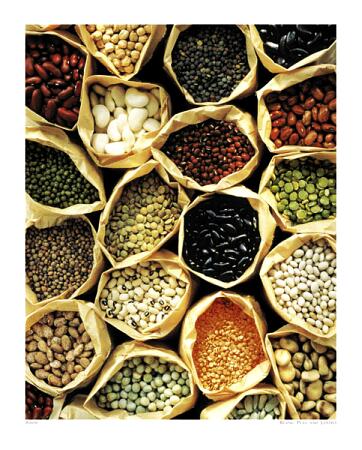 |
| Photo credit: foodstoragemadeeasy.net |
What are the benefits of raw food consumption?
Uncooked and under cooked foods contain fewer trans and saturated fats. Trans fats are produced through a preservative process called hydrogenation, where oils are infused with hydrogen to lengthen their shelf life. Saturated fats can occur naturally in animal based products (think dairy, meat, and eggs). Both trans and saturated fats are known to raise LDL cholesterol levels (aka "bad" cholesterol). Trans fat not only raises "bad" cholesterol levels, but also lowers HDL cholesterol levels (aka "good" cholesterol). Although it is true that we need some amount of fat in our diets, it's usually a good idea to keep fat consumption under control.Raw foods also tend to be lower in sodium (found in salts), sugar and acid. Over consumption of sodium can lead to higher blood pressure while an over consumption of sugar can raise insulin levels, negatively impacting the immune system and the release of growth hormones. Uncooked foods are generally high in vitamins, minerals, and nutrients including potassium, magnesium, folate, fiber, vitamin A, antioxidants and oxygen. The consumption of raw greens containing chlorophyll also helps oxygenate the blood. I have read, too, that raw food consumption can slow the aging process..
What are the dangers of raw consumption?
Although there are many benefits of eating raw, you should always eat raw with caution. Omitting heat from your diet completely may lead to certain vitamin and nutrient deficiencies, like the lack of omega-3 fatty acids, iron, and vitamin B12. It is also important to know which foods can and can't be eaten raw. Some foods actually have negative health effects when consumed raw, like "cruciferous" plants which can disturb hormone synthesis in the thyroid gland. The cruciferous family includes broccoli, kale, cauliflower, cabbage, mustard , and turnips. Most people occasionally eat these cruciferous plants raw, but too much of anything is never good. Other raw foods to avoid are mushrooms, peas, potatoes, taro, and cassava (among others).
People who are already dealing with health conditions, like eating disorders or diabetes, may want to reconsider a raw food diet depending on their nutritional needs. Side effects of an entirely raw-food diet may include headaches, nausea and cravings. If transitioning to a raw diet, be sure to do so gradually. Women on raw food diets are also more at risk of experiencing irregular periods or amenorrhea (when the body stops its menstruation cycle all together).
 |
| Photo credit: eartheasy.com |
Juicers and blenders are both great ways to incorporate raw fruits and veggies into your everyday diet, and take very little effort. There are so many juice recipes out there and adding greens like algae or spinach to fruit drinks is a good opportunity to sneak some veggies in while still enjoying a fruity taste. Whether it be a kiwi papaya smoothie or a glass of spinach banana juice, both would be delish!
Germination is basically soaking raw beans, nuts, or seeds in water for an extended period of time. Somethings, like cashews, only need about 2 hours worth of soaking while other legumes, like certain beans, require soaking overnight. Many people find overnight soaking to be most convenient anyway, as you can literally forget about the soaking food and go about your day and night until they are done.
Dehydrators are basically machines that emulate the process of sun drying. I've spoken with a couple people who own dehydrators and they absolutely love them. You can take pretty much anything, fruit or veggie, and create your own chewy or crunchy snacks. My favorite is dehydrated bananas (think banana chips). The only downside would be that dehydration can literally take hours and hours. Dehydrators work best in low-humidity rooms and you can't use a dehydrator in a hurry. Overnight usage is probably your best bet.
| Photo credit: giniann.wordpress.com |
There are risks involved with eating under cooked or raw meat. This seems especially true here in the States, where only 5 large agribusinesses (corporations that control the food market at every stage of production) own 85% of the American beef market and their interests lie in consumer wallets, NOT consumer health. Raw wild game that hasn't been tampered with by these agribusinesses may impose less of a health risk with notably fewer pathogens than processed meats. Although cooking meat may strip away good proteins and nutrients, it is also guaranteed to kill bad bacteria.
Other than being generally safer for health purposes, there are also benefits from manipulating raw meat in some way either through heat, pounding, drying, or curing. This altars the texture and softens the meat making it easier to chew and break down in the digestive tract. Heating meat to 140-160 degrees Fahrenheit softens tough muscle collagen into gelatin, a more easily digestible protein. It is also easiest to digest lightly cooked fished when compared to both raw fish and fully cooked fish.
 |
| Photo credit: knoxvillebusiness.com |
What are the benefits of cooked cuisine?
It is true, that cooked food is often stripped of many good things. However, humans are not so backwards when it comes to our general preference to cook our foods. The discovery of fire was a good thing, not only for the progression of human life in general, but also for our gut! Cooking foods with heat increases the caloric intake of the foods we eat and does some of the breaking-down for us. Especially for highly fibrous plant foods, digestion is much slower. Cooking plant foods helps deteriorate the cell walls of plant cells containing mostly cellulose, which is basically a chain of sugars at a molecular level. Humans actually lack the enzymes needed to break down and digest cellulose to extract nutrients.
This is why cute little apes, like Gibbons (yes, they are apes and not monkeys) are extremely active, high energy animals -- because they eat a varied diet of greens, fruits, and occasionally meat proteins from insects, eggs, and small birds. This is also why massive gorillas are extremely low energy animals that spend the majority of their time sitting and munching on greens. While gorillas need to relax and take it easy so their bodies take the time to thoroughly digest, gibbons can frolic through the canopy ape wild and extract energy from their foods much quicker. Vegetarian animals also tend to have multi-chambered stomachs (like cows) which us humans don't have. Chambered stomachs allow for a much deeper digestion of foods, extracting maximal nutrients.
Rambling on about gibbons and gorillas may seem irrelevant, but basically cooking vegetables makes it easier for us chamberless stomached beings. Some direct benefits of cooked foods include greater accessibility to plant nutrients, easier digestion of proteins, destroying foodborne bacteria and toxins, a break down of collagen, increases in caloric/energy intake (which may be seen as negative for some), and combating anti-nutrients found in raw nuts and seeds.
What are the dangers of cooked cuisine?
I would not say cooking food is dangerous, but there are some nutritional trade offs. Cooked food may be richer in calories, with a good for your soul taste, but some healthy elements of food are lost in extreme heat. Heating food above 118 degrees Fahrenheit is known to denature the naturally present enzymes contained in many foods. Shedding foods of their natural enzymes is also thought to force our bodies to produce more enzymes. Cooking foods at high temperatures may also deplete foods of certain nutrients and sulforaphanes, which are cancer-fighting agents in certain greens. Extreme heat also eliminates minerals, proteins and vitamin C along with folate, which is thought to have positive effects for pregnant women. Acidic toxins also build up from continual extreme heat on foods.
My thoughts, raw or cooked? I will probably keep cooking my food. Most people already incorporate raw foods into their diets as they are and I doubt anyone really goes out of their way to never eat raw foods, either. I think balance is almost always key with everything -- diet included. I don't fear kale smoothies and I don't fear baked ziti, either.
-Doe



